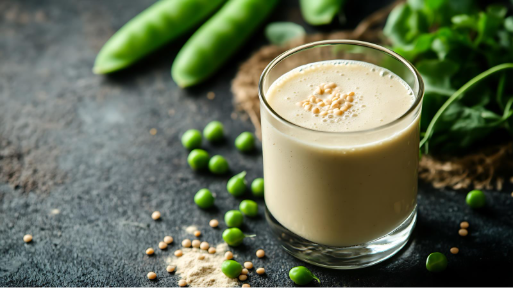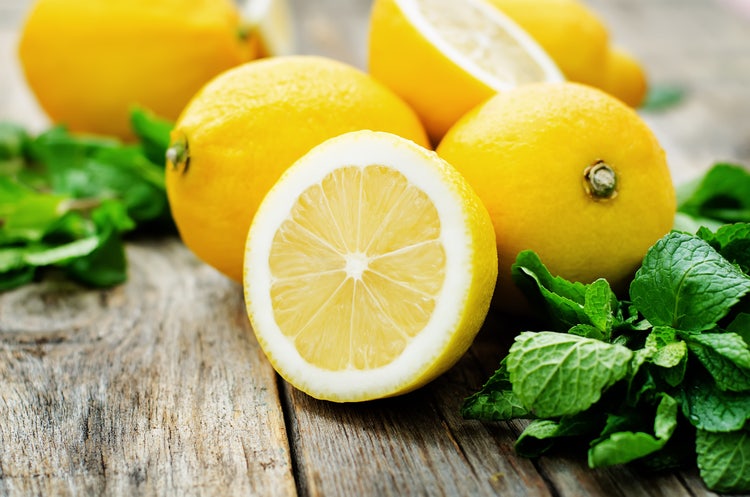
At a glance
Citrus fiber is emerging as a go-to clean label solution, tackling functionality, cost and sustainability challenges across food categories:
- Consumer demand: 85% of consumers approve citrus fiber on labels, recognizing it as familiar
- Key drivers: Simplification, allergen reduction and premium sensory experiences such as creamy mouthfeel and stable texture
- Strategic challenge: Balancing clean label expectations with volatile ingredient costs, supply chain pressures and sustainability goals
- Category focus: Beverage, bakery, plant-based and sauces/dressings benefit most from citrus fiber’s emulsification, moisture control and shelf life extension
- Competitive advantage: Brands can improve margins, enhance functional performance and gain nutritional wellness benefits and label appeal with Ingredion’s FIBERTEX™ CF portfolio and formulation expertise
The modern food brand faces an unprecedented challenge of delivering products that meet consumer demands for clean label listings with consumer-recognized and accepted ingredients. These products must also support health claims and sustainable sourcing as well as maintain taste and texture expectations — all while managing volatile ingredient costs and supply chain disruptions.
In response, formulators are turning to ingredients that can check several boxes at once, like citrus fiber. This ingredient is changing how manufacturers approach formulation across categories, from beverages to baked goods.
Citrus fiber represents a convergence of consumer preference, regulatory alignment and functional excellence by addressing multiple formulation challenges simultaneously, all within a single, label-friendly ingredient.
A multibenefit clean label solution gaining market momentum
Citrus fiber is gaining traction as a standout ingredient in today’s landscape. It’s multifunctional and label-friendly — appealing to both formulators and consumers. Best of all, it shows up on ingredient labels simply as “citrus fiber,” a name that’s familiar and easy to understand.
This versatility is especially valuable as manufacturers aim to simplify ingredient lists and reduce formulation complexity. As an emulsifier, it can replace traditional egg yolks and mono- and diglycerides in formulations, while also contributing fiber, enhancing texture and extending shelf life.

Consumer research consistently shows strong acceptance for citrus fiber across demographics, with 85% of consumers approving of its presence on product labels.¹ This level of acceptance reflects the ingredient's intuitive appeal — consumers understand citrus as a wholesome, familiar source, making citrus fiber an easy inclusion in clean label reformulations.
From a cost perspective, citrus fiber addresses the ongoing challenge of ingredient price volatility. Traditional hydrocolloids like guar gum, pectin and agar have experienced significant price fluctuations due to supply constraints and weather-related crop issues. Citrus fiber, derived from upcycled citrus peels, offers greater supply stability while often providing cost-in-use advantages in finished formulations.
Citrus fiber as an emulsifier and stabilizer
Emulsification with clean label appeal
Traditional emulsifiers like mono- and diglycerides, while effective, create label complexity that many consumers find unappealing. Further, egg yolks, while natural, present allergen considerations and supply cost volatility. Citrus fiber emulsifier addresses both challenges, providing robust emulsification that appears on labels simply as "citrus fiber" — a term that immediately communicates its plant-based, wholesome origin.
The mechanism behind citrus fiber's emulsifying properties lies in its unique structure.2 The pectin and cellulose components work synergistically to create stable interfaces between oil and water phases, while the fiber matrix provides physical stability that enhances shelf life and prevents separation during storage and transport.
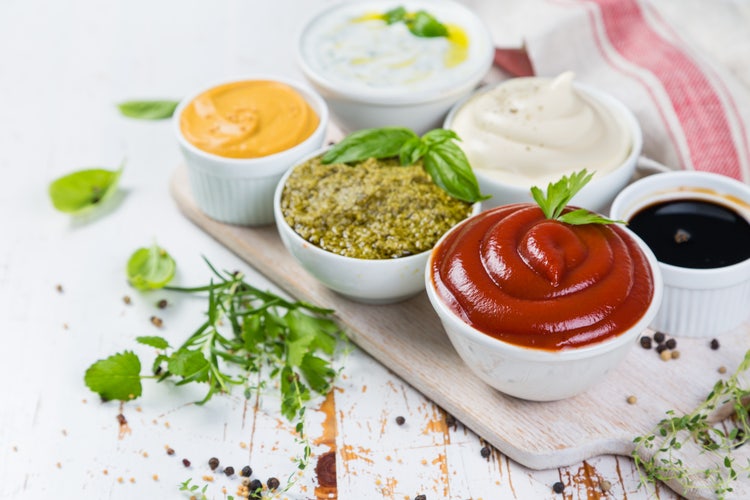
Versatile functionality across categories
The functional versatility of citrus fiber extends well beyond emulsification to include a broad range of textural and stability benefits:
- Beverages: Provides natural suspension for fruit particles, helping to prevent settling while contributing to authentic pulp texture that consumers associate with premium fruit products
- Smoothies and protein beverages: Creates mouthfeel enhancement without artificial thickeners or stabilizers and helps prevent protein aggregation while contributing to satisfying thickness
- Gelling applications: Can partially or completely replace pectin in fruit preparations, jams and fillings while contributing additional fiber content, creating textures from soft gels to firm, sliceable products
- Baked goods: Functions as a moisture management system, binding water during baking and releasing it slowly during storage to extend shelf life while maintaining soft, moist texture
- Clean label reformulations: Provides shelf life extension capabilities where synthetic preservatives are being removed, reducing water activity to help create an environment less conducive to microbial growth while maintaining product moisture and texture
Performance, cost and sustainability advantages
Reduced reliance on volatile ingredients
The strategic value of citrus fiber comes into focus when looking at its ability to replace or reduce some traditional ingredients in a formulation.
High methoxyl pectin, widely used as a gelling agent, has faced price swings driven by seasonal availability and limited supply. Citrus fiber, derived from upcycled citrus peels, offers comparable gelling functionality and greater supply stability while often providing cost-in-use advantages in finished formulations.
In comparison, agar and gellan gum can raise label concerns due to unfamiliar names and a perception of being artificial. Citrus fiber delivers similar suspension and gelling performance with strong consumer acceptance1 and cleaner label appeal.
Replacing guar gum and cellulose gum can lead to significant cost savings. Citrus fiber supports or enhances eating experience while reducing reliance on these often expensive hydrocolloids — an advantage for procurement teams focused on cost management.
Egg replacement is another notable benefit. As brands look to manage allergen risk, citrus fiber offers emulsification and binding properties for applications like mayonnaise, dressings and baked goods.
Replacing tomato solids and fruit pulp is an emerging opportunity. With costs rising and global supply chains under pressure, citrus fiber provides similar texture and mouthfeel while offering year-round availability and economic benefits.
Sustainable sourcing and consumer trust
Sustainability now plays a central role in ingredient selection as manufacturers aim to meet corporate environmental goals and respond to growing consumer expectations. Citrus fiber stands out as a sustainable ingredient, transforming what was historically a waste stream into a valuable functional ingredient.
Its upcycled nature aligns with circular economy principles — an approach that resonates with both environmentally conscious consumers and sustainability teams. By using citrus peels that would otherwise be discarded, citrus fiber production creates value while reducing environmental impact.

ESG (Environmental, Social and Governance) goals are shaping purchasing decisions across the food industry. Citrus fiber supports these efforts by reducing reliance on resource-heavy ingredients and advancing waste reduction targets.
Ingredient transparency is now a competitive advantage. Citrus fiber’s clear origin and straightforward production process make it easier for brands to support transparency initiatives without compromising function. This helps bridge the needs of both technical teams and marketing.
Supply chain resilience has also become a top priority. Because citrus fiber is made from citrus peels and readily available in regions where citrus is processed, it’s less vulnerable to geographic or climate-related disruptions. This gives it a sourcing advantage over ingredients tied to narrow growing regions or seasonal availability.
Why leading brands choose Ingredion as their citrus fiber supplier
Proven portfolio + formulation expertise
Multiple FIBERTEX™ CF options address the diverse application requirements across food categories. Different particle sizes, processing methods and functional profiles allow formulators to optimize performance for specific applications, whether they're developing thick sauces, beverages or bakery products with extended shelf life.
Ingredion's FIBERTEX™ CF portfolio delivers additional value through synergistic pairing opportunities with clean label starches such as NOVATION® functional native starches and HOMECRAFT® Create multifunctional flours, enabling formulators to further improve texture and stability. Backed by the industry’s broadest portfolio of clean label starches, Ingredion gives manufacturers unmatched flexibility to address a wide range of product needs — whether it’s achieving indulgent textures, maintaining shelf life or delivering the label transparency today’s consumers expect.
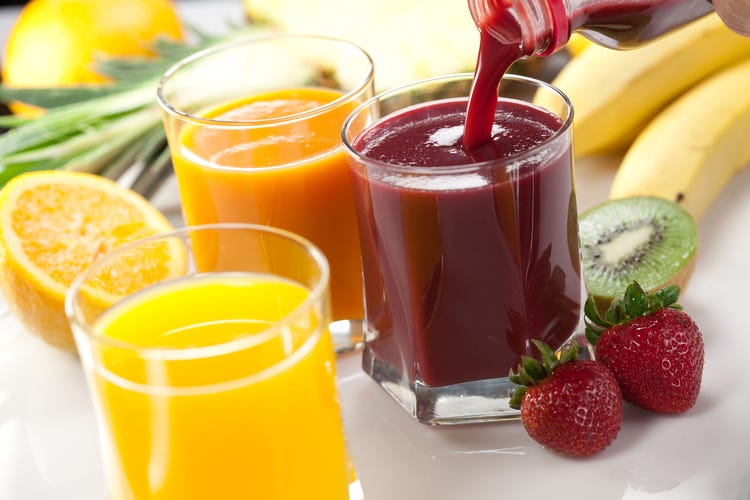
When reformulating or developing new products, targeted technical support becomes a real advantage. Ingredion offers guidance in gelling, emulsification, fiber enhancement and texture modification. This helps teams move faster and with more confidence while reducing the risk of formulation failures.
The value goes beyond the ingredient itself. Access to formulation databases, application guidelines and troubleshooting support helps manufacturers optimize their use of citrus fiber while avoiding common pitfalls that can delay product launches.
Consumer insights integration helps manufacturers understand not just the technical capabilities of citrus fiber, but also how it aligns with consumer preferences and purchasing behaviors. This market intelligence supports both formulation decisions and marketing positioning, creating a more comprehensive approach to product development.
Examples in action
Real-world applications demonstrate the versatility and impact of citrus fiber across a wide range of food and beverage categories.
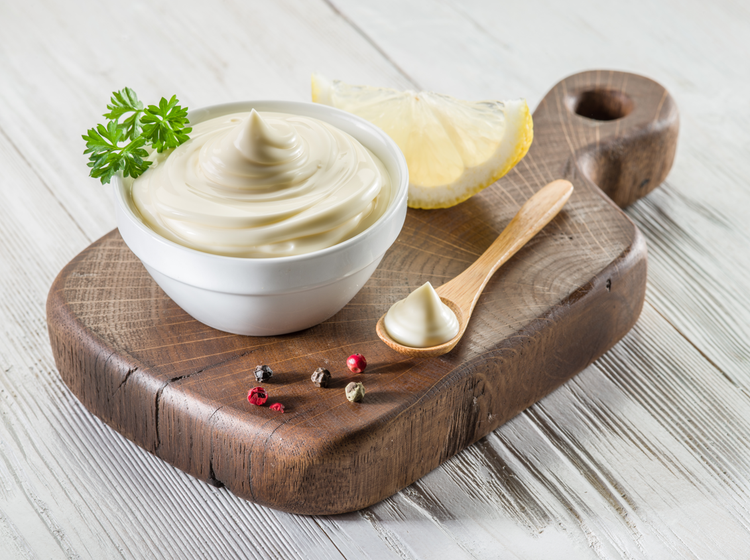
Ingredion case studies show that FIBERTEX™ CF 100 citrus fiber, paired with NOVATION® functional native starches, enabled a 15% fat reduction in spoonable dressings while maintaining full-fat indulgence and achieving additional cost savings.
In baked bars and fruit fillings, citrus fiber helps extend shelf life by reducing bake loss and providing minimal hardness changes during storage. Its moisture management properties reduce waste, improve distribution performance and preserve texture and sensory appeal.
Protein stabilization in dairy alternative beverages addresses one of the most challenging aspects of plant-based product development. Citrus fiber helps prevent protein aggregation and settling while contributing to the rich, satisfying mouthfeel consumers expect from premium plant-based drinks.
FIBERTEX™ CF 100 citrus fiber in almond milk effectively stabilizes protein and delivers higher viscosity than gellan gum without impacting pH, demonstrating clear performance advantages over traditional hydrocolloid solutions.
In vegan cheese and mayonnaise, citrus fiber enables the emulsification and texture needed to replace animal-derived ingredients. These products help achieve the authentic spreadability and body consumers expect, alongside the clean label positioning that drives success in plant-based categories.
From smoothies to functional drinks, citrus fiber helps enhance suspension, prevent settling and improve mouthfeel without relying on artificial additives. These functional and sensory benefits help brands stand out in competitive beverage categories.
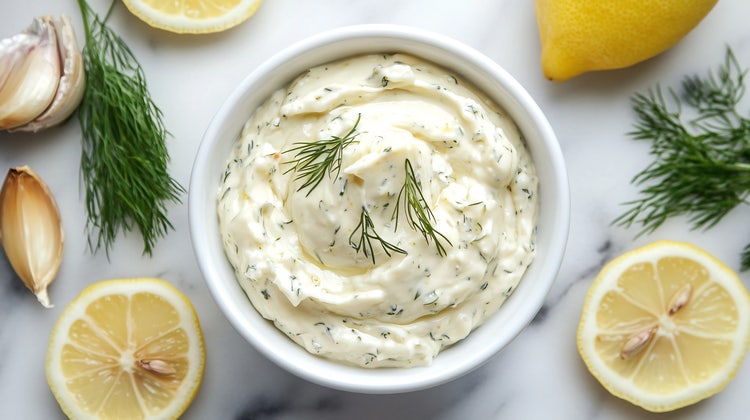
Citrus fiber as a modern formulation tool
Citrus fiber has become a reliable solution for many different formulation challenges — serving as a clean label emulsifier, sustainable ingredient and functional enhancer all in one. Its ability to support texture, stability and shelf life while meeting evolving consumer and regulatory expectations makes it a smart, future-ready choice for manufacturers across categories.
As the citrus fiber market continues to grow, Ingredion offers proven solutions and reliable supply to support your innovation goals. FIBERTEX™ CF citrus fibers offer outstanding water-holding capacity and particle size optimization, delivering enhanced viscosifying power and gelling properties compared to standard citrus fiber solutions. Our citrus fiber solutions can also be formulated alongside clean label starches such as our NOVATION® functional native starches for better performance, stability and lasting freshness.
Learn more about FIBERTEX™ CF citrus fibers or connect with our team to get started on your next formulation project.
Meet the expert
Related content and resources
Elevate taste, texture and label appeal with citrus fibers and egg-free solutions that consumers trust. Click below to learn more Ingredion solutions and innovations.
References:
1. Ingredion proprietary research, ATLAS Consumer Research, 2023
2. Citrus Fiber Emulsion Stabilization Study, Science Direct, 2021
The INGREDION, NOVATION and FIBERTEX marks and logos are trademarks of the Ingredion group of companies. All rights reserved. All contents copyright © 2025.
*Product availability may vary by region. Please contact your Ingredion representative for details specific to your area.

